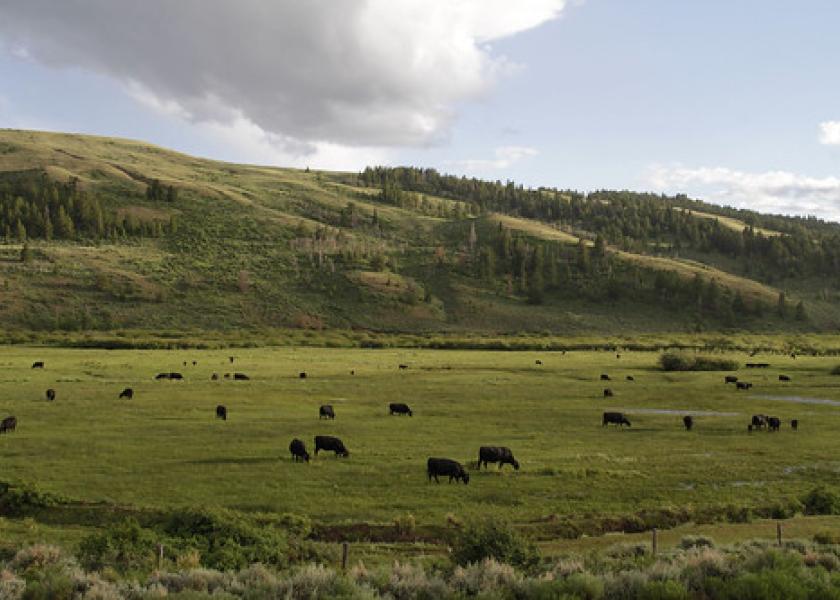R-CALF Will Challenge Judge’s Checkoff Ruling

R-CALF USA will submit “formal objections” to the U.S. federal court after last week’s ruling for summary judgement by a Montana magistrate judge in R-CALF’s lawsuit against 15 Qualified State Beef Councils (QSBC).
In a 21-page decision, U.S. magistrate John Johnson recommended the ruling for summary judgement to the U.S. District Court, which will make a final decision. The parties may file an appeal of Johnson’s recommendation within 14 days, but they may not file an appeal directly to the Court of Appeals until the District Court announces its decision. That ruling may be several months away.
A statement issued by the National Cattlemen’s Beef Association called Johnson’s ruling “an important victory helping ensure cattlemen and cattlewomen will continue to direct how checkoff investments are made at the state level.”
But R-CALF maintains its stance that the beef councils’ speech violates the First Amendment. The key issue is whether the speech of the 15 QSBCs, funded through Beef Checkoff dollars, is private speech or government speech.
The 15 QSBS are: Hawaii, Indiana, Kansas, Maryland, Montana, Nebraska, Nevada, New York, North Carolina, Pennsylvania, South Carolina, South Dakota, Texas, Vermont, and Wisconsin.
While R-CALF made the argument the 15 QSBCs are private corporations expressing private speech, Judge Johnson noted the USDA now has “significant authority” as it has entered into a Memoranda of Understanding (MOU) with all of the 15 QSBCs in the lawsuit, and that the QSBCs agreed to submit to USDA “for pre-approval any and all promotion, advertising, research, and consumer information plans and projects.”
Further, Johnson wrote that while “the First Amendment protects private parties from subsidizing speech that the private party disagrees with,” he noted that “protection does not extend to subsidizing government speech.” Because the MOUs are in place, “USDA now retains complete final approval over all QSBC ads.”
Additionally, R-CALF argued that USDA does not maintain effective control of organizations downstream that receive funds from QSBCs. But Judge Johnson said “R-CALF offers no rationale to explain why QSBCs may not pay for membership in organizations like the Federation of State Beef Councils or the U.S. Meat Export Federation.” Ruling otherwise would risk “micro-managing” legislative and regulatory schemes, he said.
In a statement, R-CALF CEO Bill Bullard, criticized the 15 QSBCs for entering into the MOUs with USDA after R-CALF’s lawsuit was filed because they “realized they had been caught violating the constitutional rights of cattle producers and scrambled to correct their violation.” Bullard said the MOUs were an attempt to convert private speech into government speech “in hopes they could correct their decades-long violation of the Constitution.”
The court, however, disagreed. “The Court sees no reason here to assume the Government entered these MOUs as merely a way to avoid an adverse result in this Court,” Johnson wrote.
In a statement issued following Judge Johnson’s ruling, NCBA CEO Colin Woodall said, “The Beef Checkoff is weakened, and the benefits it provides our industry are put in jeopardy, by lawsuits such as this one. We’re committed to defending state beef councils from these attacks and ensuring producers at the grassroots level continue to determine how checkoff dollars are invested in their states.”
Related stories:







